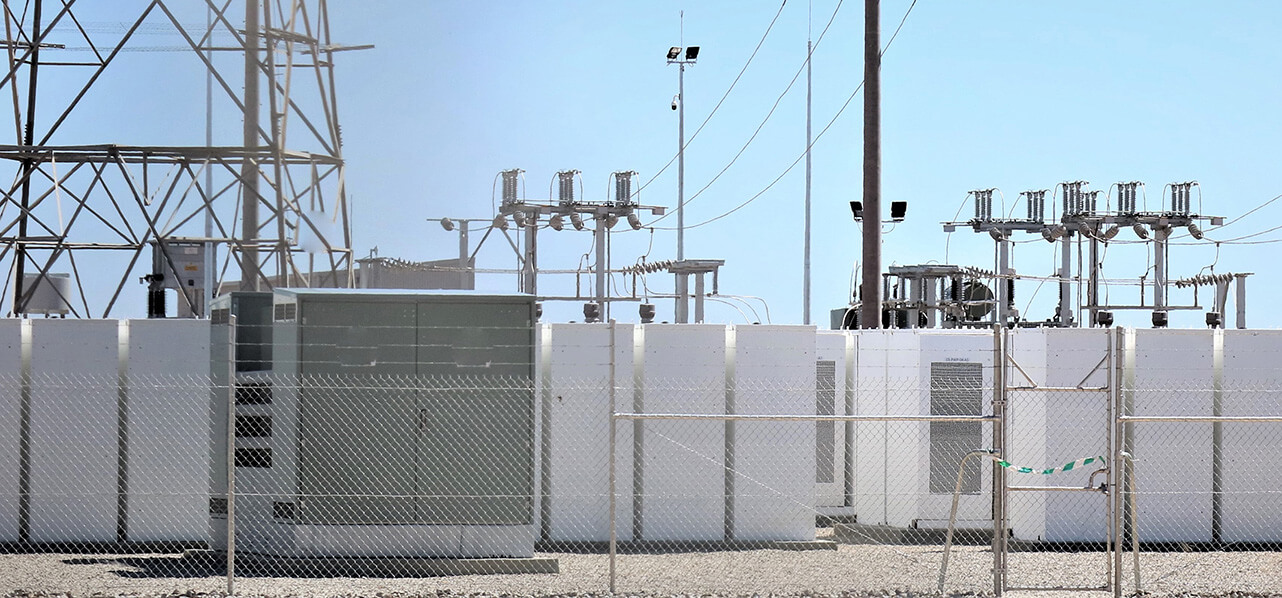Watson Farley & Williams (“WFW”) advised a consortium of lenders – comprising Lloyds, NatWest, Mizuho, Santander, SEB and Siemens Financial Services through Siemens Bank – on a £235m financing granted to Statera Energy (“Statera”) to develop a 680 MW BESS project in Carrington, Greater Manchester, UK.
Due for completion in 2026, the project is Statera’s largest consented BESS project to date and, once energised, will be one of the largest of its kind in Europe. Once completed, the project will be optimised by Statkraft Markets GmbH.
Statera, a part of the EQT group, is a builder, owner and operator of grid-scale energy storage and flexible generation technology. Founded in 2015, it has a portfolio of 2.1 GW of operational or in construction projects across the UK.
The multidisciplinary WFW London Energy team that advised the lenders was led by London Projects Partner Jennifer Charles, supported by Associates Sindana Ulaganathan and Elias Votta. Senior Associate James Fryer advised on project development matters, with Partner John Rosmini, Counsel Charlotte Williams and Associate Mia Langston leading on the real estate aspects of the transaction. Partner Nick Walker and Associate Hamish Ungless provided RPC expertise.
Jennifer commented: “We’re proud to have once again advised on a major UK BESS project deal that will help the UK meet its 2030 target to decarbonise its electricity grid. Being instructed on such a deal, which furthers Statera’s aims of strengthening grid resilience and decarbonising power systems, reinforces WFW’s reputation as a leader in this space”.
